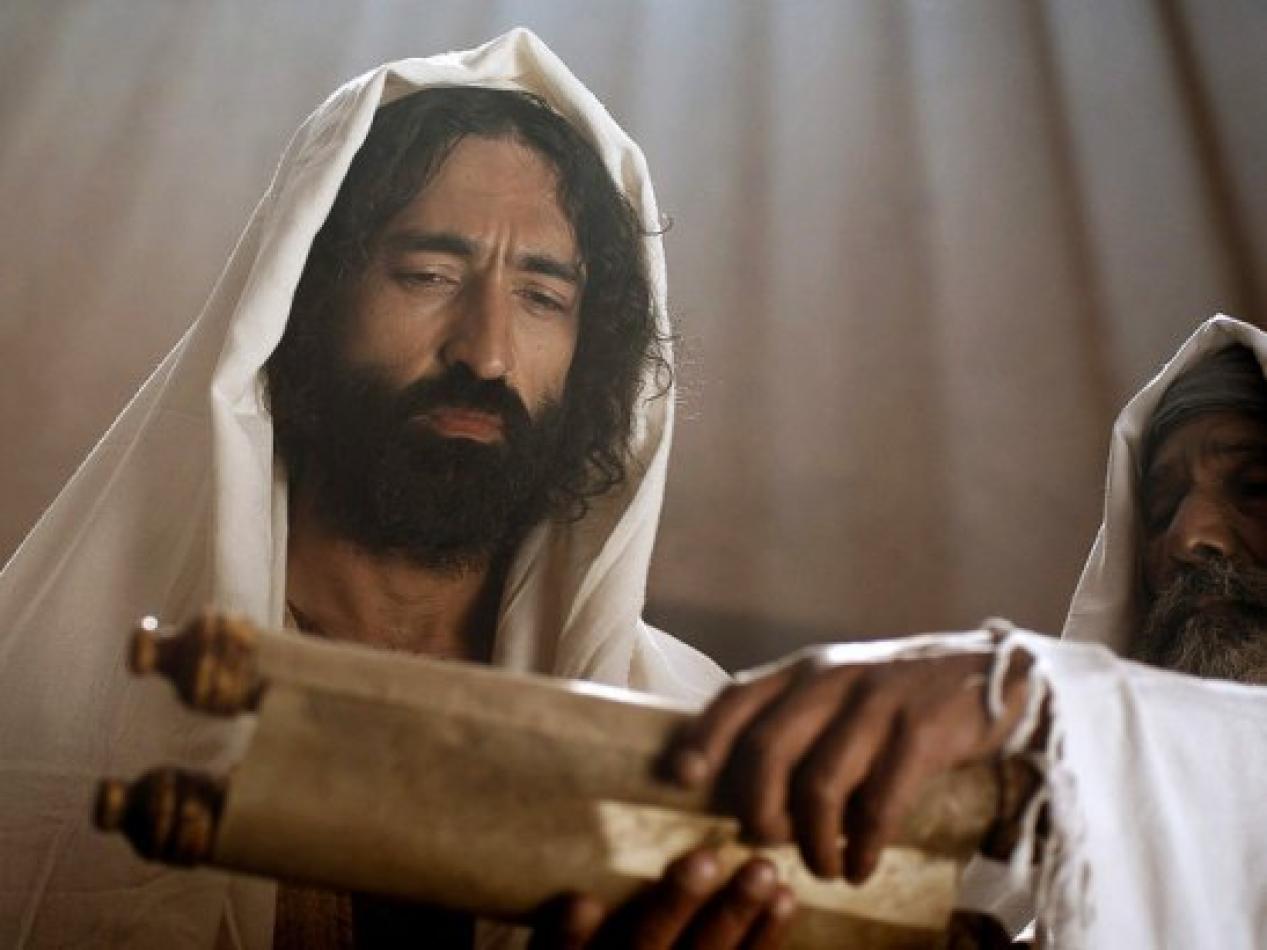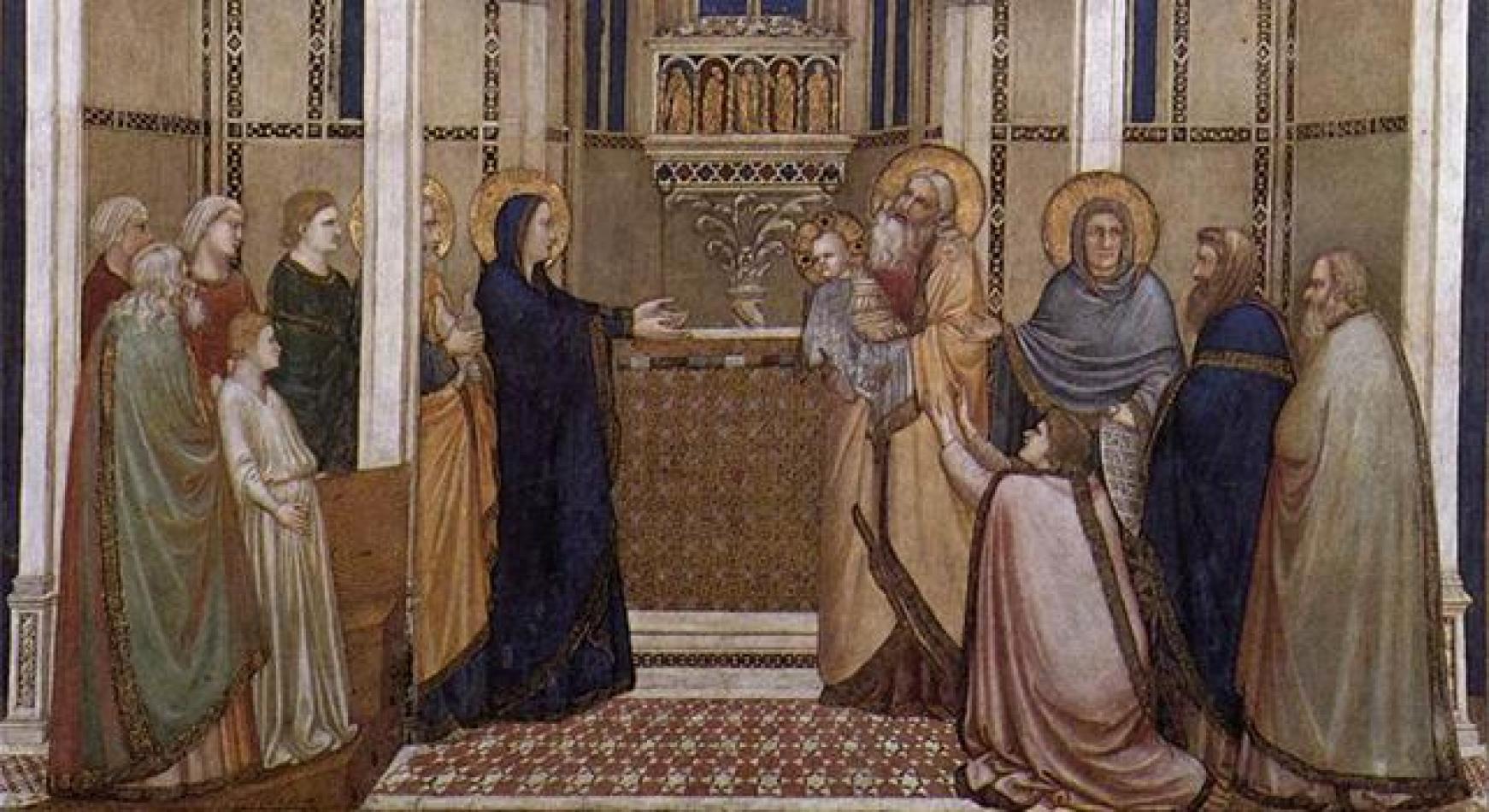Daniel Comboni
Comboni Missionaries
Institutional area
Other links
Newsletter
Adapting to a literary process in use among the classical authors of his time, Luke prefaces his work with a prologue (Lk 1:1-4). It is an introduction in which, without mentioning his name, he presents himself, declares the purpose that he proposes and sets out the criteria that will follow in the composition of his Gospel. He wrote some fifty years after the events and, he alone among the evangelists, specifically says not to belong to the group of those who have personally met Jesus of Nazareth. Then a question spontaneously arises: can we trust what he says?
Luke 1:1-4; 4:14-21
Your Word: Joy of my Heart – Light to my Feet
Fr. Fernando Armellini
Adapting to a literary process in use among the classical authors of his time, Luke prefaces his work with a prologue (Lk 1:1-4). It is an introduction in which, without mentioning his name, he presents himself, declares the purpose that he proposes and sets out the criteria that will follow in the composition of his Gospel. He wrote some fifty years after the events and, he alone among the evangelists, specifically says not to belong to the group of those who have personally met Jesus of Nazareth. Then a question spontaneously arises: can we trust what he says? This, in short, is his answer: anyone can talk about Jesus, even if he was not a direct witness of the facts, as long as he is faithful to the tradition. Let us clarify.
We are in the 80 A.D. and the Gospel has already been announced in the Roman Empire; everywhere communities arose. Many have also begun to put in writing the sayings of Jesus and episodes of his life. From what religious movement of such great success originate?
Facts happened among us, Luke says (v. 1). No dreams, no philosophical doctrines, not esoteric revelations, but facts, real events that have Jesus of Nazareth as protagonist. What he has done and taught had eyewitnesses who—as John says—“saw with their own eyes” and “touched with their hands” (1 Jn 1:1-4) and later became “ministers of the Word.” Mind you: not “owners,” “masters,” but “servants of the Word” (v. 2). Not inventors of stories, not cheaters greedy for money, but people who have dedicated their whole lives to faithfully proclaiming what they have seen and heard. They even preferred to die rather than betray the message received from the Master.
Many have taken in hand to compile a narrative of those events. Luke also decided to start writing on the subject. He does not discredit the work of those who preceded him but prepares an orderly account of what his communities need.
Which method did he follow? He made an accurate research of every circumstance. He turned to the first witnesses, so all the disciples who will read what he writes will be sure to base their faith on solid statements. He says, clearly and decisively, to be led by a single concern: to transmit faithfully what has been delivered by the “ministers of the Word.” He does not invent anything; he established the truth of the facts, since the beginning, that is, from the childhood of Jesus (v. 3).
The goal for which he writes is: give a solid foundation to the faith of Christians of his communities (v. 4). The truths of faith cannot be proven with conclusive evidence, however, adhesion to Christ has nothing to do with gullibility, not a naïve choice made by ignorant people willing to accept uncritically all fairy tales. There are good reasons that lead us to believe and Luke wants to expose them.
A word also on Theophilus. It was the custom of the classical authors to dedicate their work to those who sponsored them. The scrolls were expensive and for a Gospel twenty kids’ skins are needed. Then he had to pay the calligraphers who received little more than a laborer, but were slow; finally, the author of the book had to live … Luke had an admirer, Theophilus, probably a wealthy Christian in Asia Minor who had agreed to cover all expenses. In gratitude, the evangelist mentions him in the prologue of the Gospel and in the Acts of the Apostles.
Three chapters separate the second part of today’s passage (Lk 4:14-21) from the first. It is the beginning of Jesus’ public life in his country, Galilee, and the narrated episode—which Matthew and Mark place around the middle of their Gospel—is for Luke the programmatic overture, the synthesis of all the activity of Jesus.
It is Saturday and people go to the synagogue to pray and to hear the reading and explanation of God’s Word. A rabbi organizes the meeting, but every adult Jew may appear or be invited to read and discuss the scriptures. The homily is pretty easy: it is enough to memorize the explanations and comments made by the great rabbis and refer their opinions. No one is so presumptuous as to dare to add his own interpretation. As he is wont to do, Jesus unites with his people and makes himself willing to act as a reader.
The liturgy begins with the recitation of the Shema—the profession of faith of the pious Israelite. It continues with the eighteen blessings that introduce in the central part of the celebration, the reading of two texts of the Scripture: the first taken out of the book of the Pentateuch (Torah), the other from the Prophets. Who reads the second text usually does the homily. The climate is of recollection and prayer, people are willing to hear the Word of God and Jesus takes this opportunity to launch his message (v. 16). Luke accurately puts in highlight some particulars, not for the sake of historical scruples, but to convey theological messages.
The first detail, seemingly superfluous: Jesus opens the book that was presented to him. The evangelist wants to make it clear to his readers that without Christ the sacred text is a closed book, the oracles of the prophets, and all the books of the Old Testament remain incomprehensible. Only he is able to make sense of them.
After reading, Jesus rolls up the scroll, delivers it to the attendant and sits; all eyes are fixed on him. The rabbis explained the Word of God while sitting. Assuming this position Jesus is emphasizing that he has become the teacher. It is an invitation to focus the gaze on him and not to others. The holy books of the Old Testament are meant to lead to him. Once this is achieved, they can be rolled up.
The chosen text is taken from the prophet Isaiah: “The Spirit of the Lord is upon me. He has anointed me to bring good news to the poor, to proclaim liberty to captives and new sight to the blind; to free the oppressed and to announce the Lord’s year of mercy” (vv. 17-19). Who is the man charged with bringing good news to the poor? Who is Isaiah talking about? The prophet refers to a character who, about 400 years before Christ, was sent by God to comfort the children of Israel who returned from exile in Babylon.
They lived in the dramatic situation which we have described in the explanation of the First Reading: the rich exploiting the poor, the owners did not pay their workers, the strong dominated the weak (cf. Is 56:10–57:2).
In this historical context, a man invested by the Spirit of the Lord is sent to proclaim the “year of grace,” “jubilee,” the time when all debts are forgiven, ends all forms of slavery end and justice is re-established.
Today—Jesus begins to proclaim—“these prophetic words come true” (v. 21). He does not comment on the text of the prophet but proclaims its fulfillment. Today begins the year of grace, the endless feast for everyone because to everyone, in God’s name, salvation, free and without conditions is announced.
The Hebrew word used by Isaiah to indicate the release of prisoners is ‘deror’ meaning release from what prevents one to run fast. Today the word of Jesus begins to free not only from diseases—which are a sign of a decrease in life—but from all the psychological and moral barriers that shrink, do not allow to go forward and grow and inhibit impulses of love. The tangle of uncontrolled passions that cause people to fall back on themselves in the pursuit of self-interest, the thirst for possessions, the frenzy of power and success are chains. These strains today begin to be crushed. The irresistible force that breaks them is that of the Holy Spirit (v. 14) who is at work in Jesus not only when he performs miraculous healings, but also when, with his powerful word, he breaks the bonds that envelop and keep people in the state of slavery (Lk 4:36).
https://sundaycommentaries.wordpress.com





